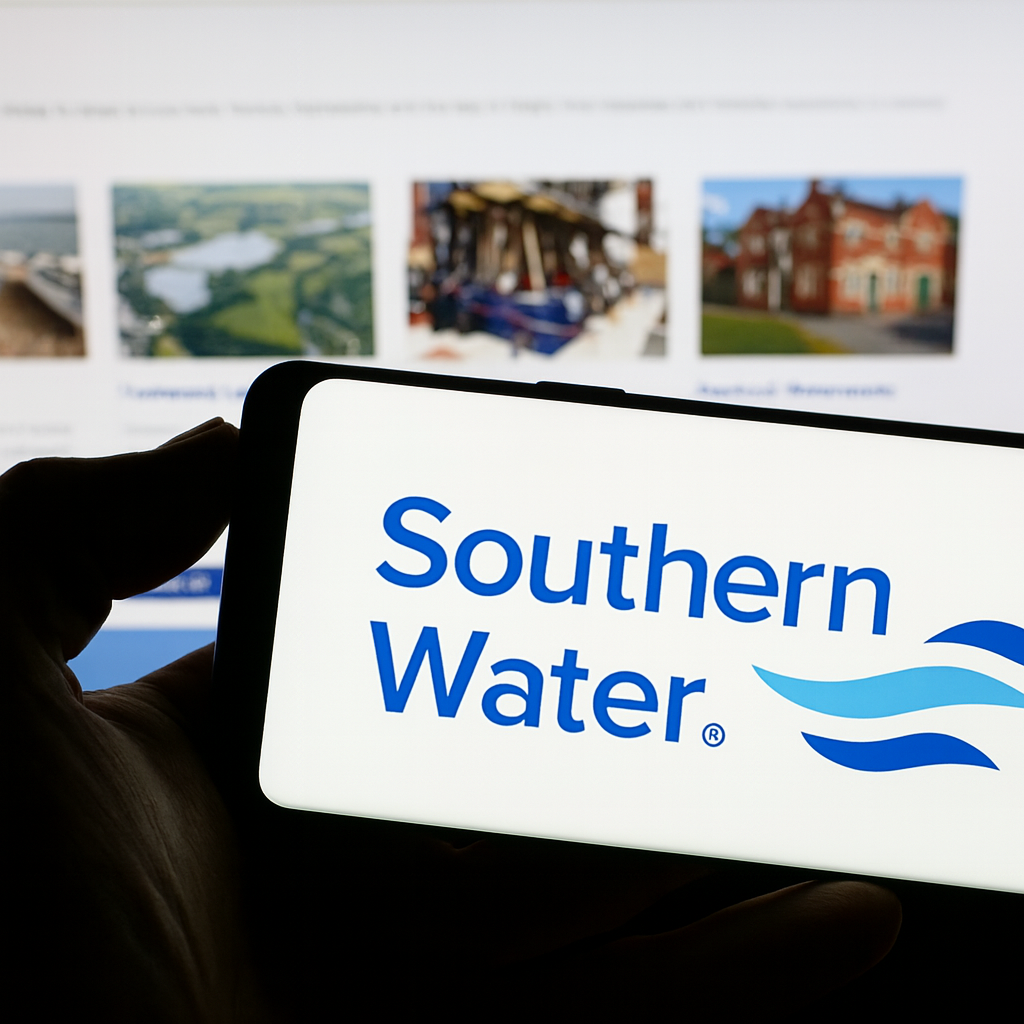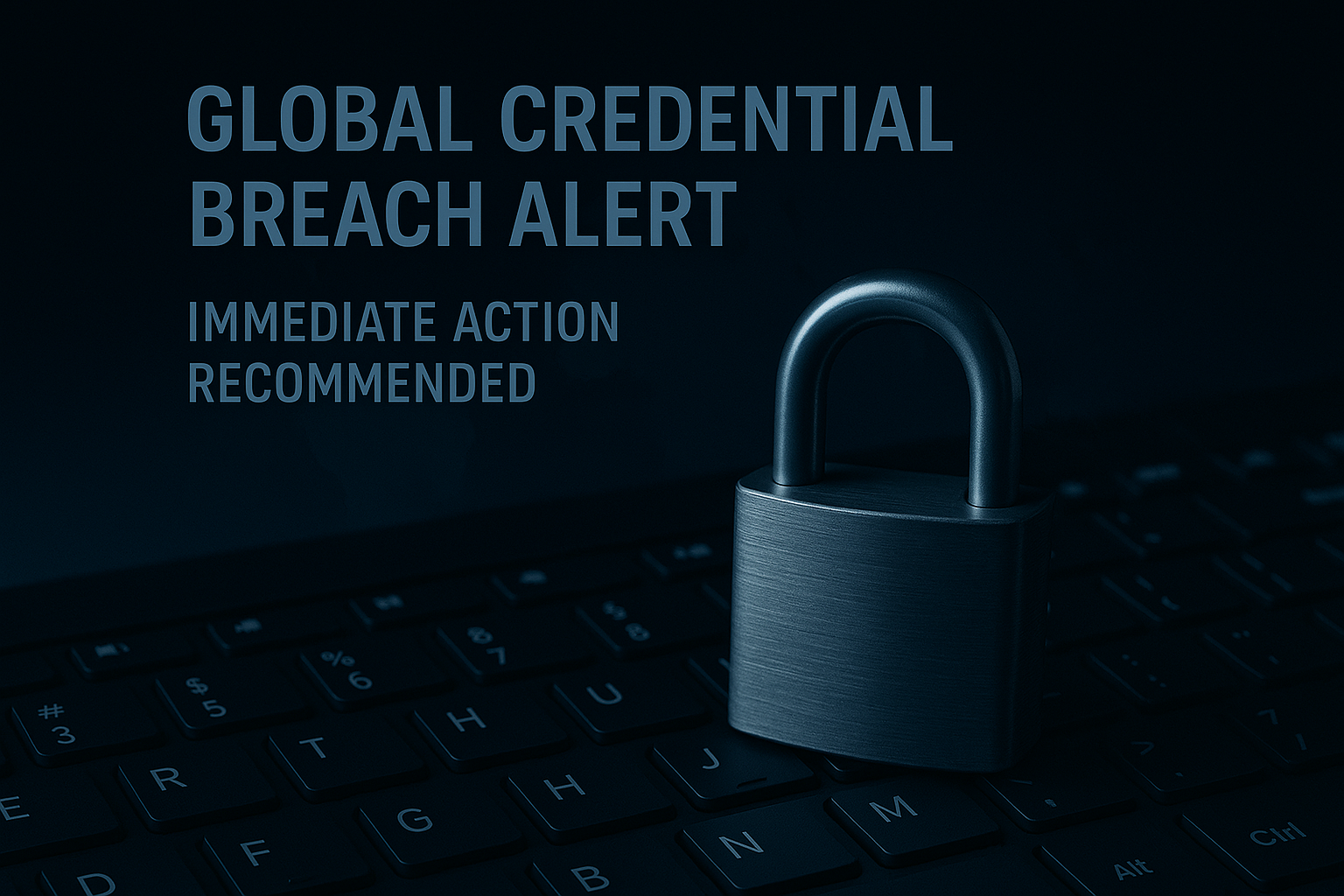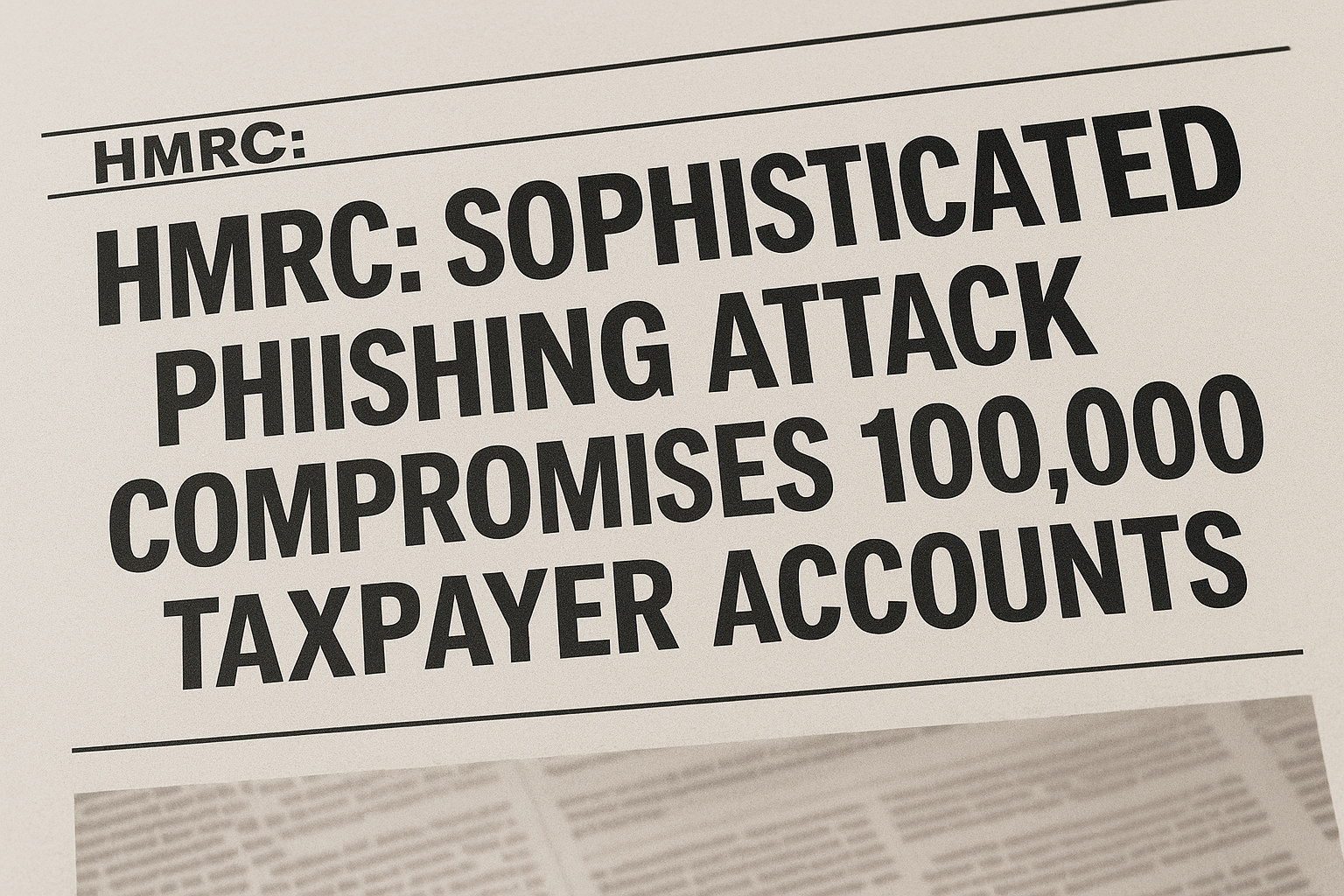
Executive Summary
In November 2024, Southern Water, a major UK water utility company, confirmed a significant data breach impacting thousands of customers. The breach exposed sensitive customer information, including personal and billing data, and raised concerns about the cybersecurity resilience of critical utility providers.
As a cybersecurity advisor monitoring the evolving threat landscape, this incident underscores the importance of stringent data protection measures in essential services, especially in light of growing ransomware and data exfiltration attacks targeting infrastructure organisations.
Timeline of Events
| Date | Event |
|---|---|
| Early November 2024 | Unauthorised access detected on Southern Water’s customer database |
| 10 November 2024 | Southern Water publicly confirms data breach |
| Mid-November 2024 | Investigation reveals extent of data exposure |
| Late November 2024 | Notifications sent to affected customers |
| December 2024 | Implementation of enhanced security controls begins |
Technical Overview
While Southern Water has not publicly disclosed all technical specifics, the breach appears to have resulted from a compromised third-party vendor system, which granted attackers access to Southern Water’s customer databases.
Affected Systems & Data:
- Customer billing platforms holding PII (Personally Identifiable Information)
- Payment and account history records
- Contact details including names, addresses, email addresses, and telephone numbers
Notably, no evidence has been provided that payment card details or passwords were compromised, though investigations are ongoing.
Impact Assessment
Operational Impact
- Temporary suspension of online account management features for customers
- Increased call volumes to customer service centres due to breach-related enquiries
- Internal resource reallocation to manage incident response and remediation
Financial Impact
- Estimated remediation costs exceeding £10 million (includes forensic investigation, legal compliance, customer notification, and system upgrades)
- Potential fines or sanctions under the UK GDPR for inadequate data protection
Reputational Impact
- Customer trust eroded in Southern Water’s handling of sensitive data
- Heightened scrutiny from regulators including the Information Commissioner’s Office (ICO)
Analysis & Lessons Learned
From a cybersecurity advisory perspective, this breach highlights several critical considerations:
- Third-Party Risk Management is Vital
The breach’s apparent origin from a third-party supplier illustrates how external vendors can be weak links. Rigorous vetting, continuous monitoring, and enforceable security requirements are essential. - Data Minimisation and Segmentation
Limiting stored data to only what is necessary and segmenting critical systems can reduce the blast radius of a breach. - Incident Detection and Response Capabilities
Timely identification and containment of unauthorised access are crucial to limiting exposure and operational disruption. - Regulatory Compliance and Communication
Clear, timely communication with customers and regulators fosters transparency and mitigates reputational damage.
Recommendations
In light of the Southern Water incident, I advise organisations—especially those in critical utilities—to adopt the following best practices:
- Comprehensive Vendor Risk Assessments: Regularly audit third-party security posture and enforce contractual cybersecurity standards.
- Enhanced Network Segmentation: Isolate customer data systems from other internal networks to prevent lateral movement.
- Advanced Monitoring and Anomaly Detection: Deploy behavioural analytics and SIEM (Security Information and Event Management) solutions to detect unusual activity early.
- Robust Data Encryption: Encrypt sensitive data at rest and in transit to prevent exposure in case of compromise.
- Regular Cybersecurity Training: Educate employees and vendors on recognising social engineering and phishing attempts.
- Incident Response Planning: Develop and rehearse incident response plans, incorporating third-party breach scenarios.
- Customer Communication Protocols: Prepare templates and procedures to inform customers promptly while maintaining compliance with legal frameworks.
Conclusion
The Southern Water data breach serves as a critical reminder that no organisation is immune to cyber threats, particularly those operating essential public services. As the attack originated via a third party, it reaffirms the need for stringent supply chain security.
To safeguard customer trust and regulatory compliance, continuous investment in cybersecurity, combined with a proactive and layered defence strategy, is essential.
I encourage all organisations managing sensitive customer data, especially in the utilities sector, to review their cybersecurity posture and third-party risk management strategies in light of this incident.




